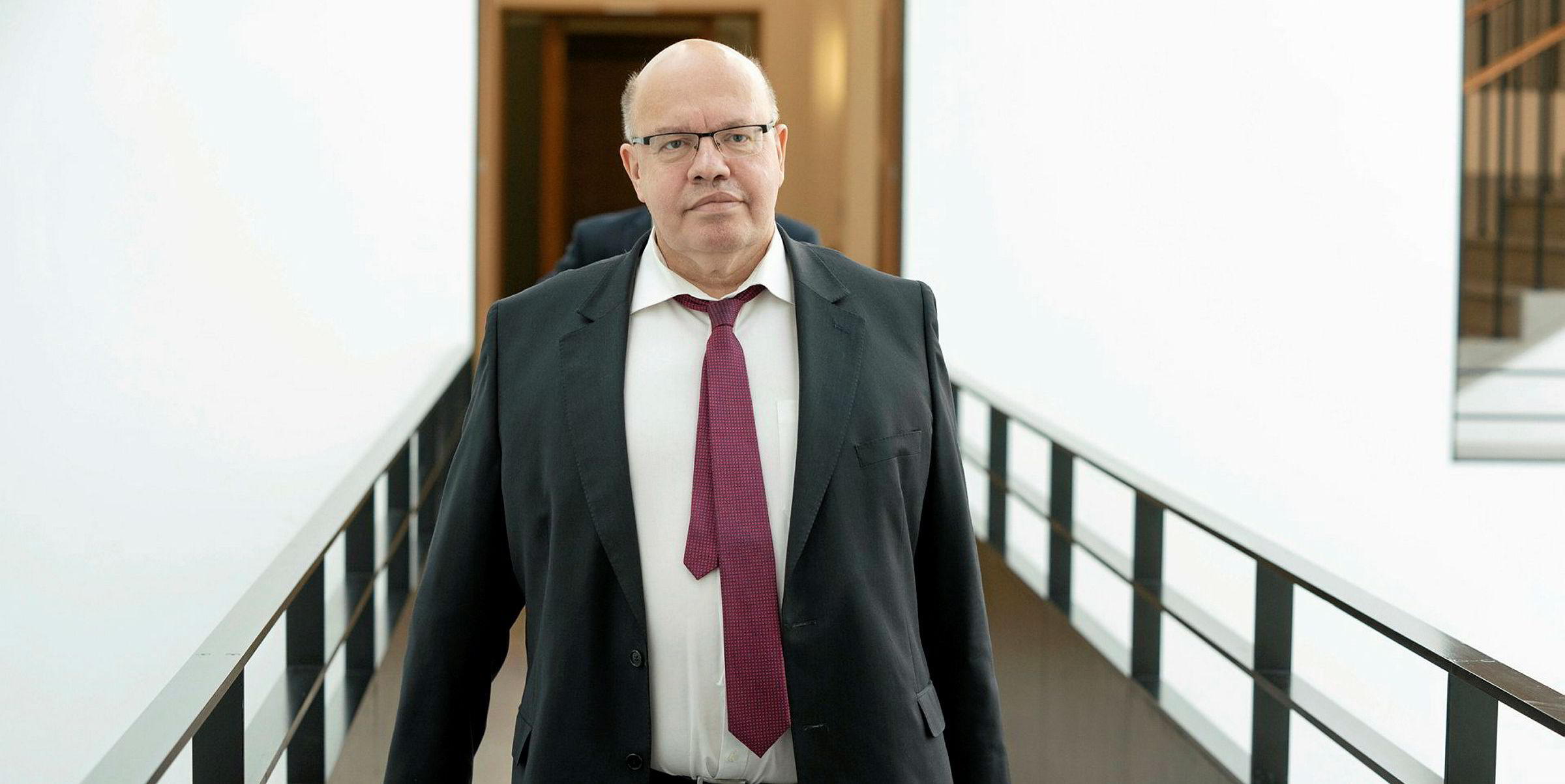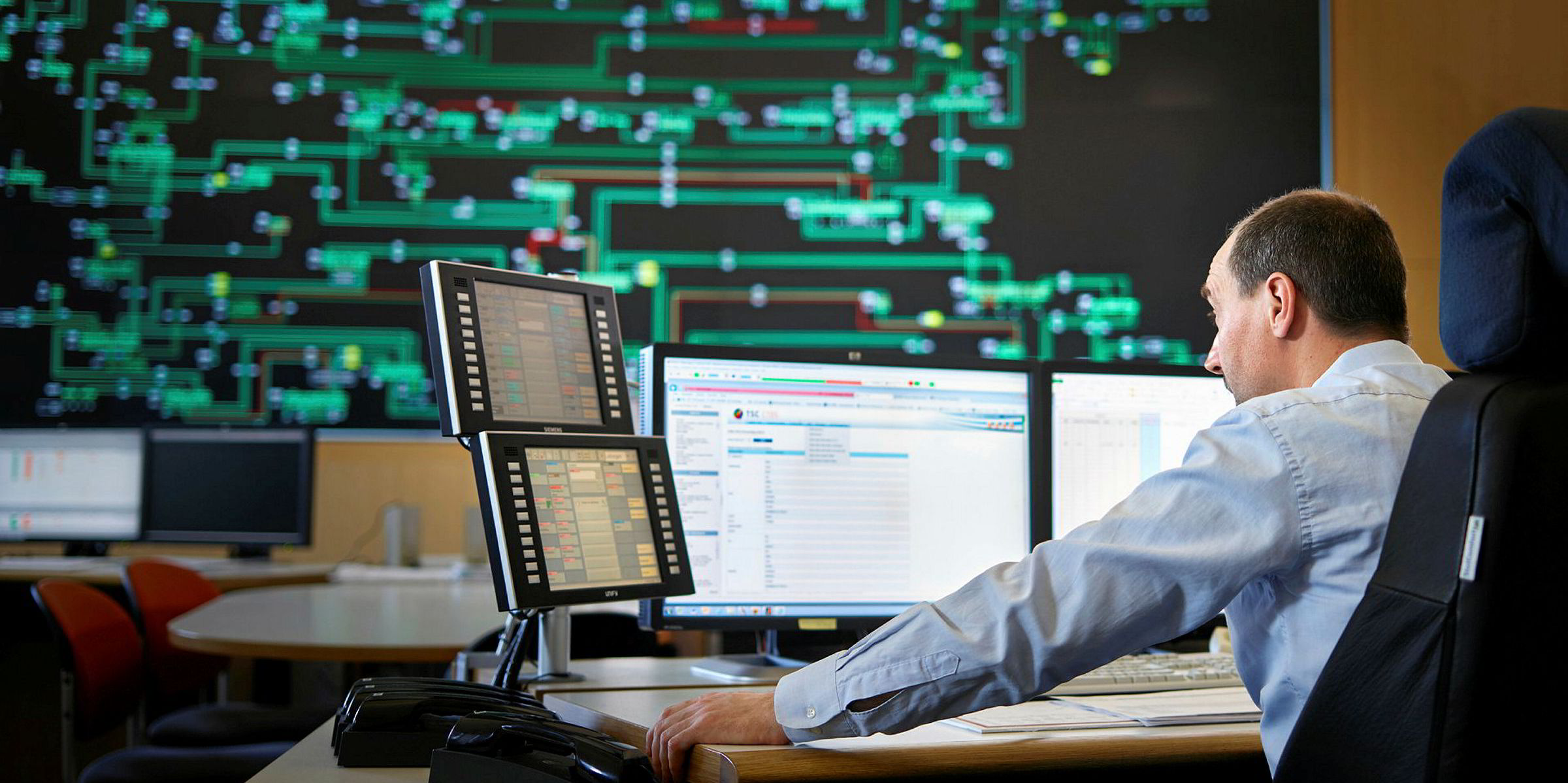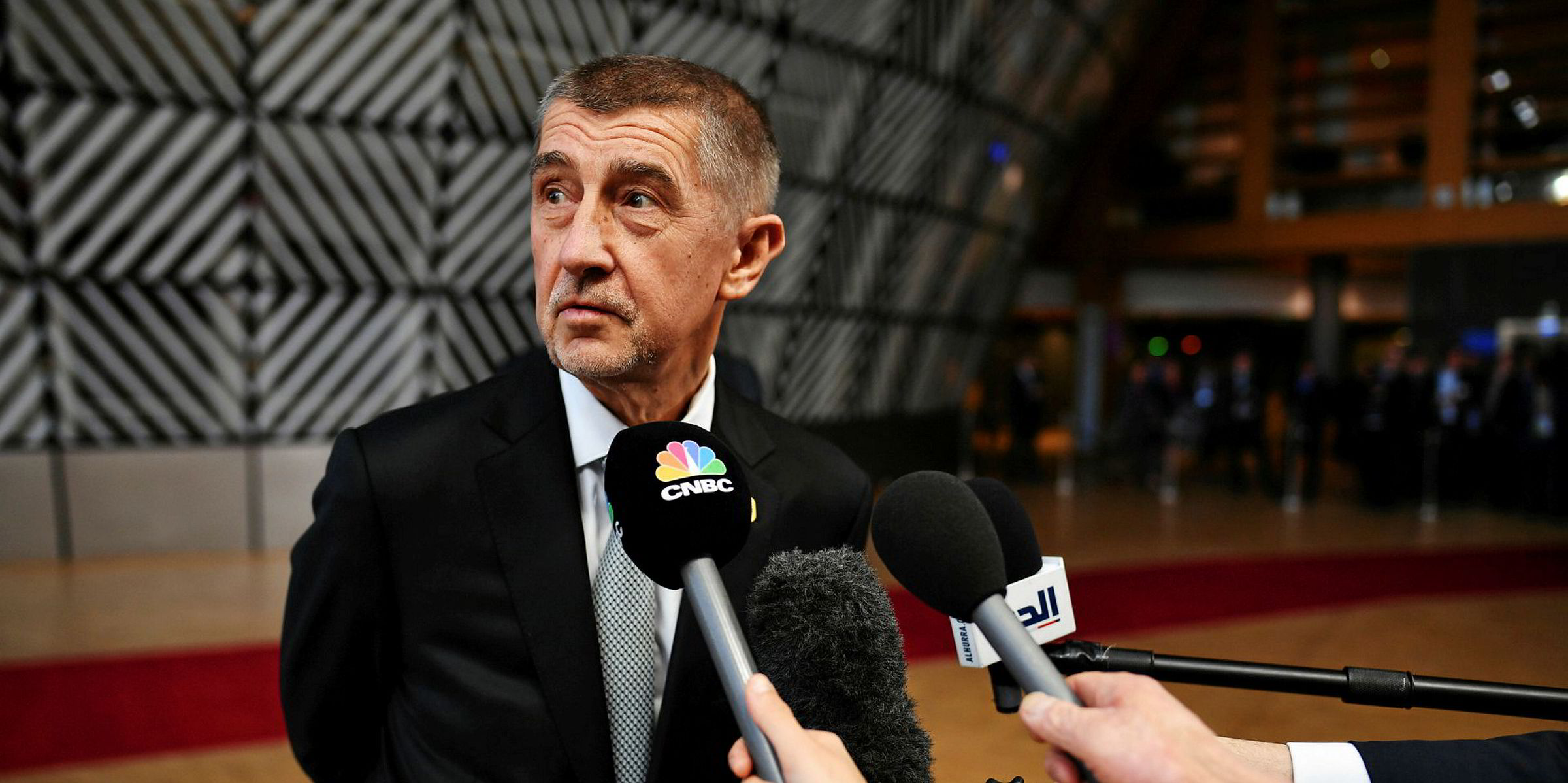There is no indication that the crisis triggered by the Coronavirus pandemic will impact the security of Europe’s energy supply, German economics and energy minister Peter Altmaier said ahead of a video conference with EU energy commissioner Kadri Simson on Covid-19 and priorities in Europe’s energy sector.
Altmaier's comments were echoed by the EU power industry association Eurelectric, which told Recharge the bloc’s utilities have been quick to isolate and protect workers in critical functions.
“We take the current situation very seriously and observe the course and the consequences for people and businesses very carefully,” Altmaier said.
“For that, we are in close contact with all relevant actors, including the EU Commission. So far, we have no indications that the current health crisis will have an impact on the security of energy supply.”
Although dealing with the coronavirus crisis currently has priority, Altmaier said he hopes that Germany during its EU Council presidency in the second half of 2020 will be able to actively promote important EU initiatives in the energy sector.
“Important issues for me are in particular improving the framework conditions for common offshore wind projects of various member states, the discussion about framework conditions for a future internal EU hydrogen market, and the question of how we can use market mechanisms such as emission trading better to reach our targets,” he said.
German and Dutch transmission system operators had told Recharge earlier this month that they are taking special precautions to protect their workforce from the coronavirus, and could isolate system relevant staff for weeks at a time to ensure networks continue to function.
Eurelectric secretary general Kristian Ruby told Recharge he sees no risks regarding the security of supply for the moment, saying: “Utilities have been swift in taking action to isolate and protect workers in critical functions.”
But it is nevertheless important that specialised personnel has the possibility to travel if necessary, he stressed.
“Even if there are currently no system-threatening situations at hand, it is important to allow specialised personnel to travel for specific purposes such as inspection, operation and maintenance of critical installations,” said Ruby.
None of Eurelectric members across Europe had flagged issues with the security of supply. On the contrary, demand is declining in countries that went into lock-downs, the association said.
Altmaier’s and Eurelectric's comments came as German Chancellor Angela Merkel is trying to push an up to €600bn ($648bn) rescue package and a supplementary budget for 2020, including more debt, for the economy through parliament to shield Europe’s largest economy off the worst impact of the coronavirus crisis.
Merkel herself is in domestic quarantine after a doctor applying a vaccine to her last week was tested positive for the coronavirus.
Munich’s renowned Ifo institute for economic research today said the costs from Corvid-19 are likely to exceed those of any economic crises or natural disasters Germany has lived through in recent decades.
Ifo estimates Germany’s economy to shrink by between 7.2% and 20.6% this year, depending on whether the economy will enter a partial standstill for two or for three months. The costs of the economic shutdown would be between €255bn and €729bn, Ifo said, and could lead to the loss of up to 1.4m jobs.
As of Monday afternoon, 26,220 cases of the coronavirus were reported in Germany, and 111 people died of it, according to the data base of the Johns Hopkins University.
· UPDATED to add comment by Eurelectric secretary general Kristian Ruby



